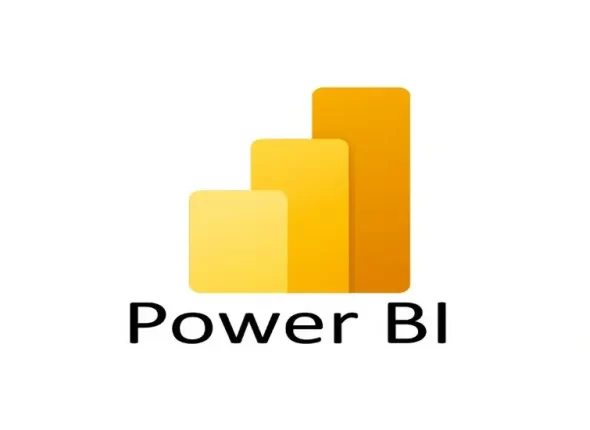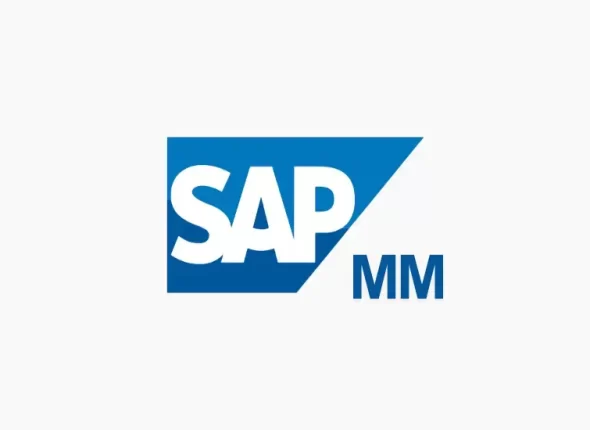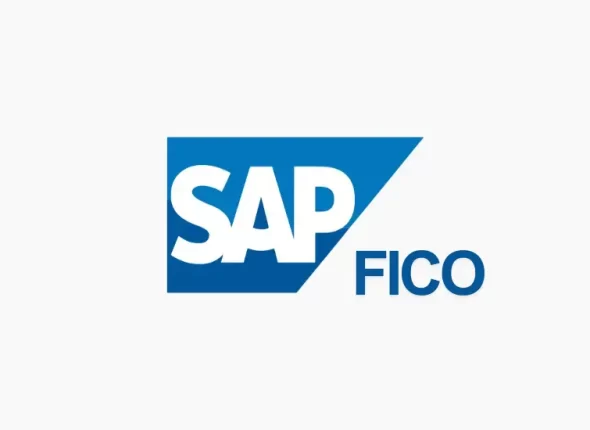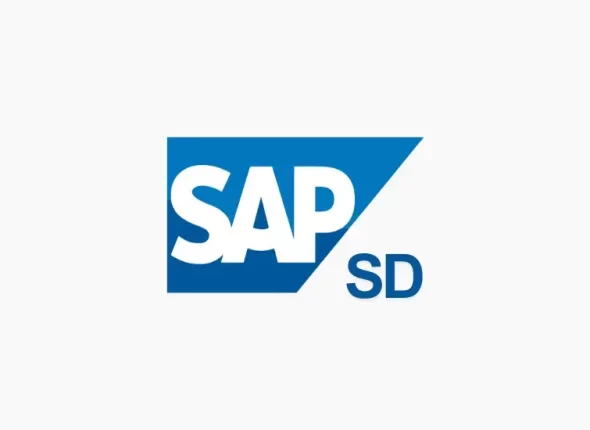Course description
Java is a high-level, object-oriented programming language that was originally developed by Sun Microsystems and released in 1995. It is designed to have as few implementation dependencies as possible, making it a widely-used language for developing robust, secure, and portable applications.
Key Features
Object-Oriented
Java is built on the principles of object-oriented programming (OOP), which helps in creating modular, reusable, and maintainable code. Key concepts include classes, objects, inheritance, polymorphism, encapsulation, and abstraction.
Platform Independence
One of Java's most significant advantages is its platform independence. Java programs are compiled into bytecode, which can run on any device equipped with a Java Virtual Machine (JVM), making Java applications highly portable.
Robust and Secure
Java provides strong memory management, exception handling, and security features, ensuring the development of reliable and secure applications. The language's design helps eliminate many programming errors, such as memory leaks and pointer errors.
Multi-threading
Java has built-in support for multi-threading, which allows concurrent execution of two or more threads, enabling the development of high-performance, efficient applications.
Rich Standard Library
Java comes with a comprehensive standard library (Java Standard Edition, or Java SE) that provides a wide range of pre-built classes and interfaces for tasks such as data structures, networking, input/output, graphical user interface (GUI) development, and more.
Common Uses
Enterprise Applications
Java is extensively used in large-scale enterprise environments, particularly with frameworks like Spring and Hibernate, for developing complex, distributed applications.
Web Development
Java is a popular choice for building web applications, often utilizing technologies such as Servlets, JavaServer Pages (JSP), and various frameworks like Spring MVC.
Mobile Applications
Android development primarily uses Java (along with Kotlin), making Java a critical language for mobile app development.
Scientific Computing
Java's strong performance, reliability, and portability make it suitable for scientific and research applications.
Games and Interactive Applications
Java is used for developing games and interactive applications, often with libraries like LWJGL (Lightweight Java Game Library) and jMonkeyEngine.
Development Tools
Integrated Development Environments (IDEs)
Popular Java IDEs include IntelliJ IDEA, Eclipse, and NetBeans, which provide features like code completion, debugging, and project management.
Build Tools
Tools like Maven and Gradle help manage project dependencies, build processes, and deployment.
Version Control
Git and platforms like GitHub and Bitbucket are commonly used for version control in Java projects.
Learning and Resources
Documentation and Tutorials
The official Java documentation provides extensive information and tutorials.
Online Courses
Numerous platforms like Coursera, Udemy, and Codecademy offer comprehensive Java programming courses.
Community Support
Java has a vast and active community, with forums, user groups, and conferences providing support and networking opportunities.
Conclusion
Java’s versatility, robustness, and cross-platform capabilities have established it as one of the most popular programming languages in the world. Whether you’re developing enterprise applications, mobile apps, or web services, Java provides a solid foundation and an extensive ecosystem to support a wide range of programming needs.
1. Introduction to Java
- Overview of Java
- History of Java
- Features of Java
- Installation of JDK, JRE, and IDEs (e.g., Eclipse, IntelliJ IDEA)
- Writing and Running the First Java Program
- Java Program Structure
- Introduction to JVM, JRE, and JDK
2. Java Basics
- Data Types and Variables
- Operators in Java (Arithmetic, Relational, Logical, Bitwise, Assignment, etc.)
- Control Flow Statements (if-else, switch-case)
- Loops (for, while, do-while)
- Arrays (Single Dimensional and Multi-Dimensional)
- Strings and String Manipulation
3. Object-Oriented Programming (OOP) in Java
- Introduction to OOP Concepts (Class, Object, Method)
- Constructors in Java
- Inheritance (Single, Multilevel, Hierarchical)
- Polymorphism (Method Overloading and Overriding)
- Encapsulation
- Abstraction (Abstract Classes and Interfaces)
- this and super Keywords
- Static Keyword (Methods, Variables, Blocks)
- Final Keyword (Classes, Methods, Variables)
4. Exception Handling
- Introduction to Exceptions
- Types of Exceptions (Checked and Unchecked)
- Try, Catch, Finally Blocks
- Throw and Throws Keywords
- Custom Exceptions
5. Java Collections Framework
- Introduction to Collections
- List Interface (ArrayList, LinkedList, Vector)
- Set Interface (HashSet, LinkedHashSet, TreeSet)
- Map Interface (HashMap, LinkedHashMap, TreeMap, Hashtable)
- Queue Interface (PriorityQueue, Deque)
- Iterator and ListIterator
- Comparator and Comparable
6. Java I/O (Input and Output)
- File Handling in Java (File, FileReader, FileWriter)
- Byte Streams and Character Streams
- Serialization and Deserialization
- BufferedReader and BufferedWriter
- Scanner Class
7. Java Multithreading
- Introduction to Multithreading
- Thread Class and Runnable Interface
- Thread Life Cycle
- Thread Synchronization
- Inter-thread Communication
- Deadlock and Thread Deadlock Prevention
- Thread Pooling
8. . Advanced Java Concepts
- Generics in Java
- Lambda Expressions
- Stream API
- Functional Interfaces
- Method References
- Optional Class
- Annotations
- Java Modules (Module System)
9. Java Networking
- Introduction to Networking in Java
- TCP and UDP Communication
- Socket Programming (Client-Server Communication)
- URL and URLConnection Classes
- Multicast Socket
10. Java Database Connectivity (JDBC)
- Introduction to JDBC
- JDBC Architecture
- Types of JDBC Drivers
- Connecting to a Database
- Executing SQL Queries
- PreparedStatement and CallableStatement
- Transaction Management in JDBC
- ResultSet and ResultSetMetaData
11. Java GUI Programming
- Introduction to AWT and Swing
- Creating Windows Using AWT and Swing
- Event Handling in Java
- Layout Managers
- JavaFX Overview (for advanced GUI development)
12. Java Web Development Basics
- Introduction to Web Development with Java
- Servlets: Basics, Life Cycle, and Deployment
- JSP (JavaServer Pages): Basics, Scripting Elements, and Directives
- Session Management (Cookies, HttpSession)
- MVC Architecture in Java Web Applications
13. Design Patterns in Java
- Introduction to Design Patterns
- Creational Patterns (Singleton, Factory, Abstract Factory, Builder)
- Structural Patterns (Adapter, Composite, Proxy, Facade)
- Behavioral Patterns (Strategy, Observer, Command, Template Method)
- MVC Pattern in Java
14. Best Practices and Code Optimization
- Java Coding Conventions
- Writing Clean and Maintainable Code
- Performance Optimization Techniques
- Memory Management and Garbage Collection
15. Building Projects
- Building a Console-Based Application
- Developing a GUI-Based Application
- Building a Web Application using Servlets and JSP
- Integrating Database with a Java Application
16. Introduction to Spring Framework
- Overview of Spring Framework
- Spring Core: Dependency Injection and IoC
- Spring MVC: Building Web Applications
- Spring Boot for Rapid Application Development
- Introduction to RESTful Web Services with Spring Boot
17. Java Testing Frameworks
- Introduction to Unit Testing
- JUnit Framework
- TestNG Framework
- Mockito for Mocking in Java
- Integration Testing
18. Deployment and Maintenance
- Deploying Java Applications
- Packaging Java Projects (JAR, WAR)
- Introduction to Continuous Integration/Continuous Deployment (CI/CD) Tools
- Version Control Systems (Git, GitHub)
19. Java in the Cloud
- Introduction to Cloud Computing
- Deploying Java Applications on Cloud Platforms (AWS, Azure, Google Cloud)
- Microservices Architecture in Java
20. Career and Advanced Topics
- Preparing for Java Certification Exams
- Java Interview Questions and Best Practices
- Overview of Java in Big Data (Hadoop, Spark)
- Introduction to Android Development with Java
- Java and Machine Learning: Basics with Libraries (Weka, Deeplearning4j)










